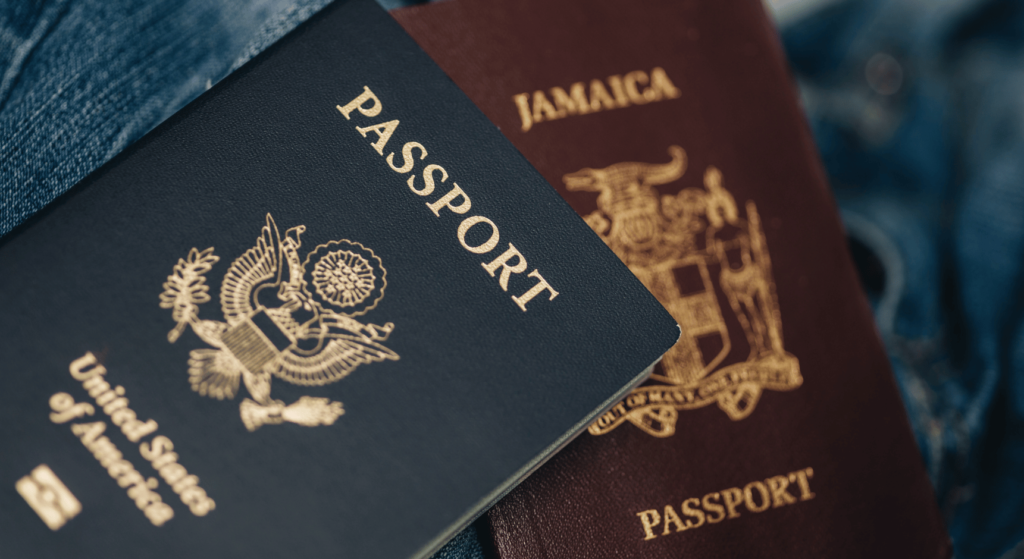What are the first 3 things you need to know before moving to Spain?
Skatz tells you the 3 things you absolutely need to know before you make your moving to Spain plans. Everything depends on them!
Prefer to watch the video? Click above. For the gameshow script, carry on reading!
There are three things you absolutely must know about moving to Spain before you make your plans. Everything depends on these three very important things.
Let’s get straight into it.
So you’re thinking about moving to Spain, which is exciting, and it can also be quite scary. I know, because I’ve done it, and there were lots of problems to overcome along the way, and a few failures that I learned a lot from. You’ll probably have some too, don’t be scared, I don’t know anyone that didn’t, but let’s see if we can minimise yours right now. Everything in your planning will depend on something else, I call that the ‘it depends’ rule.
Number one!
The first thing that everything else depends on is the answer to this question:
Which passport do you have?

If you have a passport, there are 3 possible answers to the question. If your answer is ‘a passport of an EU country’, then you can travel to Spain without needing a visa and register as a resident. You also have the freedom to work there.
If your answer is ‘a passport of a non-EU country, but it’s one of the 63 countries whose citizens have a Schengen Visa waiver’, then you will need to get one of several different visas that are available from the Spanish Embassy nearest to you in your country of residence.
Which one you choose will depend on whether you want to work there, study there or retire there.
Subscribe to YouTooSpain on YouTube and you’ll find videos all about how to get your visa.
Now, if your answer is ‘my passport is from a non-EU country whose citizens need a Schengen Visa to enter the Schengen Area’, then you’ll need to ask at the local Spanish embassy where you live all about Schengen visas and residency visas for Spain. So that’s the first thing you need to know, here’s the second.
Number two!
What’s the financial requirement? What does it cost? Can you afford it?

The answer to this is ‘it depends’ on your answer to number one, and whether you’re planning to work or not. There’s quite a number of possibilities, and I’ve made lots of videos about therm on YouTube and the financial requirements are different for each of the possibilities.
For example, if you’re an EU citizen who wants to retire to Spain, you only need to show you have about €7,000 a year worth of savings or pension or a combination of both per person, but if you’re a non-EU citizen, you need more than 4 times that amount, but that’s not per person, that’s for the main applicant, then it’s about another €7000 for each additional family member.
If you’re not going to be retired, then the costs depend on whether you’re going to be employed or self-employed, and those two options open up a whole other set of ‘it depends’ questions. But let’s keep this brief and move on to the third thing you need to know.
Number three!
How do you make the most of the cash you have?

Once you’ve worked out the answers to numbers one and two and you’ve realised you’re going to need to change your money into Euros when you move (most of you watching this video will need to) then you’ve checked how much you’ve got in pounds or dollars or whatever the currency is where you are, the next thing you need to do is find out the best way to get that cash safely into a Spanish bank.
This is a very common question on the internet, and as you might have guessed, everyone has a different answer, because of course everyone’s an expert on the internet.
So why are you any different Skatz? I hear you ask. Well, I’m not, I made a mess of it when we moved, at least to begin with, but this did teach me one very valuable lesson, which I’m going to tell you right now.
And on the next blog I write I’ll explain more about it,but here it is in a nutshell,
the golden piece of advice that everyone must agree with, is this:
Sort out your currency exchange method well in advance, because that gives you loads of time to get a good exchange rate. The rates change all the time, but it’s safe to say, even though no one can predict exactly what’s going to happen, the exchange rate at some point in the coming year will be higher than it is right now, and also right now. It’s changing every second.
And there are ways of making sure that when the rate hits the number you’re looking for, that that’s when the exchange will happen, and happiness is yours!

If you don’t want to wait to read the blog for the details, then just trust me and take my recommendation by using the link HERE
There you go then, those are the first three things you need to know.
What do you need to know next?
Well, ‘it depends’ on you.
Leave me a comment and ask, and I will point you to the exact video or article where you will find what you need to know, and if there isn’t a video, I’ll make one.
Peace & Love
Bye for now, let’s dance!
Article by Skatz











0 Comments